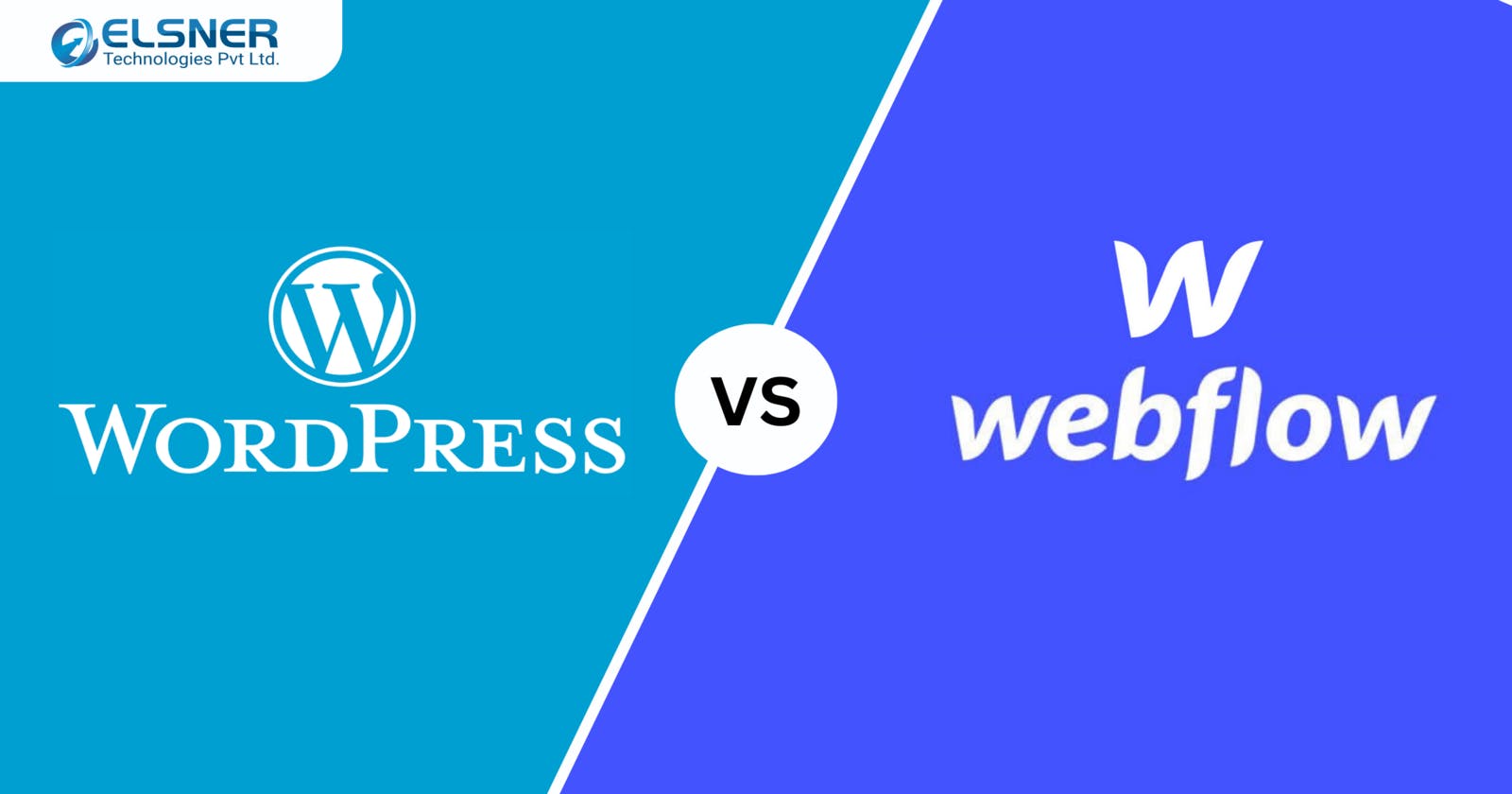Which Platform Is Better for Your Website: WordPress or WebFlow?
There are several solutions available today to assist you in launching your website. However, picking the best one might be difficult.
Are you having problems determining whether to use Webflow or WordPress development services to create your website?
Without needing specialist technological knowledge, you can construct simple or complicated websites using these two tools.
However, each of them provides different ways to design a website. You must know how they compare to select the best option that is right for your business.
What is WordPress?
It is a popular open-source CMS and unquestionably the most popular method for creating websites.
WordPress, first designed as a blogging platform, has evolved into a full-featured content management system (CMS).
Custom WordPress development services can manage any type of website, including e-commerce stores, business websites, directories, portfolios, and more.
What is WebFlow?
Utilizing a drag-and-drop website builder, Webflow is a SaaS tool that aids website creation and has become popular as the next-generation cloud-based content management system (CMS).
The majority of websites can benefit from Webflow, which saves maintenance and increases reliability. Anyone can use Webflow to make a website, but it is mostly promoted to designers searching for a low- or no-code solution to develop websites.
WordPress Vs. WebFlow
- Features
WebFlow and WordPress web development provide all the tools necessary to create a website. But, some functionality can only be added using WordPress plugins.
However, at a high level, both WordPress and Webflow are capable of performing all the tasks that the majority of website owners require.
- User-friendliness
Starting out, the Webflow vs. WordPress argument is a toss-up.
WebFlow provides an outstanding selection of setup resources. You will have access to Webflow University. This will give you access to several courses, boot camps, and videos to launch your website.
But WordPress' well-known five-minute setup procedure is a powerful asset. Just submit a few bits of information, and you'll be good to go. Moreover, you can hire wordpress developer that can help you with further creating a cutting-edge website for your business.
- Cost
WordPress' open-source base code is entirely free. To power the WordPress software, you'll, at the very least, need your web hosting, which will be expensive.
No credit/debit card is necessary to sign up for Webflow and create your website. But, when you wish to publish your website and make it publicly visible, you must sign up for a paid plan. They provide Site Plans and Account Plans as their two categories of paid plans.
- Extensions and plugins
You can use the enormous library of plugins by WordPress to add features to your website. For instance, around 59,000 free plugins are listed in the official WordPress org directory.
Like WordPress, Webflow doesn't provide official plugins. Thus you can't add extensions that operate directly in the Webflow interface. Webflow can be expanded, though, by incorporating code snippets from other services.
- Community support
WordPress lacks official support options because it is open-source software. However, this site does provide a wide range of reliable resources for seasoned designers to those still learning the ins and outs of WordPress.
The full version of Webflow includes a forum. You can use this as a quick means of contacting other users with any queries you might have.
Conclusion
There is no clear winner between Webflow and WordPress in terms of platform. Each system has its own set of advantages, disadvantages, and distinctive characteristics.
However, for the majority of people and organizations wanting to create a website, a WordPress website development company is definitely the superior option because it offers more customization and helps connect with more resources.
